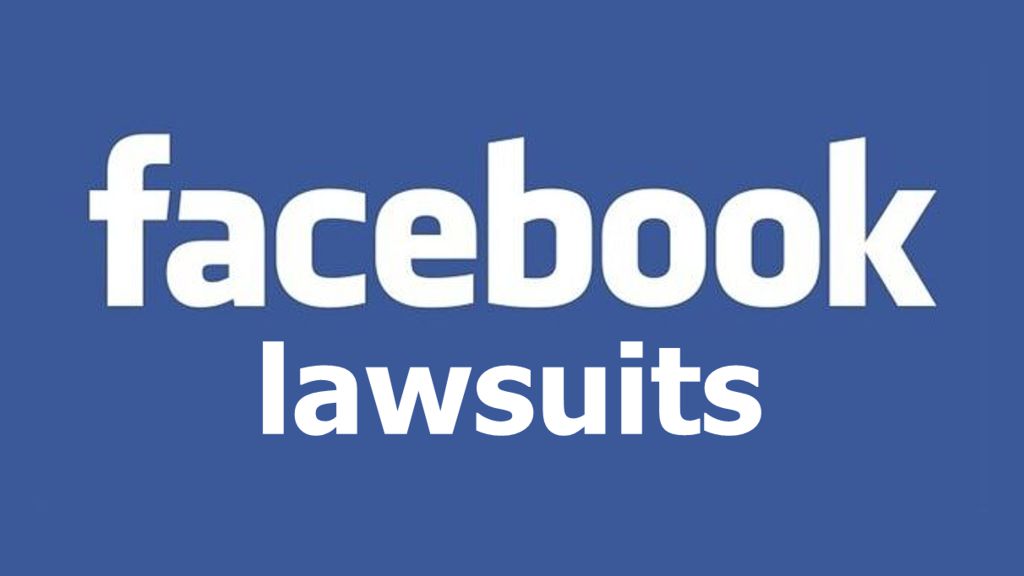The Federal Trade Commission today sued Facebook, alleging that the company is illegally maintaining its personal social networking monopoly through a years-long course of anticompetitive conduct. Following a lengthy investigation in cooperation with a coalition of attorneys general of 46 states, the District of Columbia, and Guam, the complaint alleges that Facebook has engaged in a systematic strategy—including its 2012 acquisition of up-and-coming rival Instagram, its 2014 acquisition of the mobile messaging app WhatsApp, and the imposition of anticompetitive conditions on software developers—to eliminate threats to its monopoly. This course of conduct harms competition, leaves consumers with few choices for personal social networking, and deprives advertisers of the benefits of competition.
The FTC is seeking a permanent injunction in federal courtthat could, among other things: require divestitures of assets, including Instagram and WhatsApp; prohibit Facebook from imposing anticompetitive conditions on software developers; and require Facebook to seek prior notice and approval for future mergers and acquisitions.
“Personal social networking is central to the lives of millions of Americans,” said Ian Conner, Director of the FTC’s Bureau of Competition. “Facebook’s actions to entrench and maintain its monopoly deny consumers the benefits of competition. Our aim is to roll back Facebook’s anticompetitive conduct and restore competition so that innovation and free competition can thrive.”
Video by Ian Conner, Director of the Bureau of Competition
According to the FTC’s complaint, Facebook is the world’s dominant personal social networking service and has monopoly power in a market for personal social networking services. This unmatched position has provided Facebook with staggering profits. Last year alone, Facebook generated revenues of more than $70 billion and profits of more than $18.5 billion.
Anticompetitive Acquisitions
According to the FTC’s complaint, Facebook targeted potential competitive threats to its dominance. Instagram, a rapidly growing startup, emerged at a critical time in personal social networking competition, when users of personal social networking services were migrating from desktop computers to smartphones, and when consumers were increasingly embracing photo-sharing. The complaint alleges that Facebook executives, including CEO Mark Zuckerberg, quickly recognized that Instagram was a vibrant and innovative personal social network and an existential threat to Facebook’s monopoly power.
The complaint alleges that Facebook initially tried to compete with Instagram on the merits by improving its own offerings, but Facebook ultimately chose to buy Instagram rather than compete with it. Facebook’s acquisition of Instagram for $1 billion in April 2012 allegedly both neutralizes the direct threat posed by Instagram and makes it more difficult for another personal social networking competitor to gain scale.
Around the same time, according to the complaint, Facebook perceived that “over-the-top” mobile messaging apps also presented a serious threat to Facebook’s monopoly power. In particular, the complaint alleges that Facebook’s leadership understood—and feared—that a successful mobile messaging app could enterthe personal social networking market, either by adding new features or by spinning off a standalone personal social networking app.
The complaint alleges that, by 2012, WhatsApp had emerged as the clear global “category leader” in mobile messaging. Again, according to the complaint, Facebook chose to buy an emerging threat rather than compete, and announced an agreement in February 2014 to acquire WhatsApp for $19 billion. Facebook’s acquisition of WhatsApp allegedly both neutralizes the prospect that WhatsApp itself might threaten Facebook’s personal social networking monopoly and ensures that any future threat will have a more difficult time gaining scale in mobile messaging.
Anticompetitive Platform Conduct
The complaint also alleges that Facebook, over many years, has imposed anticompetitive conditions on third-party software developers’ access to valuable interconnections to its platform, such as the application programming interfaces (“APIs”) that allow the developers’ apps to interface with Facebook. In particular, Facebook allegedly has made key APIs available to third-party applications only on the condition that they refrain from developing competing functionalities, and from connecting with or promoting other social networking services.
The complaint alleges that Facebook has enforced these policies by cutting off API access to blunt perceived competitive threats from rival personal social networking services, mobile messaging apps, and other apps with social functionalities. For example, in 2013, Twitter launched the app Vine, which allowed users to shoot and share short video segments. In response, according to the complaint, Facebook shut down the API that would have allowed Vine to access friends via Facebook.
The lawsuit follows an investigation by the FTC’s Technology Enforcement Division, whose staff cooperated closely with a coalition of attorneys general, under the coordination of the New York State Office of the Attorney General. Participating Attorneys General include: Alaska, Arizona, Arkansas, California, Colorado, Connecticut, Delaware, the District of Columbia, Florida, Guam, Hawaii, Idaho, Illinois, Indiana, Iowa, Kansas, Kentucky, Louisiana, Maine, Maryland, Massachusetts, Michigan, Minnesota, Mississippi, Missouri, Montana, Nebraska, Nevada, New Hampshire, New Jersey, New Mexico, New York, North Carolina, North Dakota, Ohio, Oklahoma, Oregon, Pennsylvania, Rhode Island, Tennessee, Texas, Utah, Vermont, Virginia, Washington, West Virginia, Wisconsin, and Wyoming.
The Commission vote to authorize staff to file for a permanent injunction and other equitable relief in the U.S. District Court for the District of Columbia was 3-2. Commissioners Noah Joshua Phillips and Christine S. Wilson voted no.
NOTE: The Commission issues a complaint when it has “reason to believe” that the law has been or is being violated, and it appears to the Commission that a proceeding is in the public interest.
The Federal Trade Commission works to promote competition, and protect and educate consumers. You can learn more about how competition benefits consumers or file an antitrust complaint.
1910134fbcomplaint





